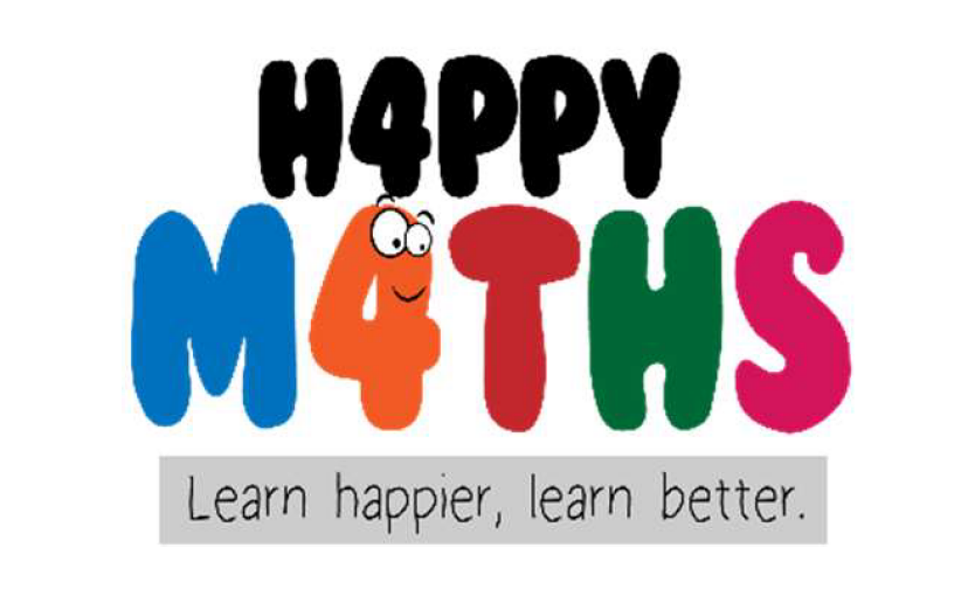New Research from the Happy Maths Project Featured at ECGBL 2024
A new paper about two distinct versus modes used in the 'Seven Spells' game was presented at the 18th European Conference on Games-Based Learning, hosted in Aarhus, Denmark, in early October 2024.

We are excited to announce that a new research paper from the Happy Maths Project has been published in the proceedings of the 18th European Conference on Games-Based Learning (ECGBL 2024).
The paper explores students' performance in 'Seven Spells', a digital card game designed to enhance mathematical skills. In the game, players capture numbered cards using arithmetic operations and knowledge of maths concepts. The research focuses on the 'optimality' of players' moves, a measure of how effectively they perform in the game.
The Happy Maths team conducted a pilot study with primary school students in Ireland, splitting them into two groups. One group played 'Seven Spells' against computer-controlled opponents (vs. CPU), while the other faced off against their classmates (vs. Human). The study investigated how various factors influenced performance across these two settings.
Key findings show that in-game factors like move complexity, the number of cards used, and the number of available cards positively impacted player performance. However, the study also uncovered a significant negative influence: Maths Anxiety. This set of negative feelings towards mathematics particularly affected students playing against their classmates, highlighting the role of social pressure in hindering optimal performance.
These findings contribute to a better understanding of how educational games like 'Seven Spells' can be designed to support students' learning experiences, while also addressing challenges like Maths Anxiety.
For more details, read the full paper here.
The paper explores students' performance in 'Seven Spells', a digital card game designed to enhance mathematical skills. In the game, players capture numbered cards using arithmetic operations and knowledge of maths concepts. The research focuses on the 'optimality' of players' moves, a measure of how effectively they perform in the game.
The Happy Maths team conducted a pilot study with primary school students in Ireland, splitting them into two groups. One group played 'Seven Spells' against computer-controlled opponents (vs. CPU), while the other faced off against their classmates (vs. Human). The study investigated how various factors influenced performance across these two settings.
Key findings show that in-game factors like move complexity, the number of cards used, and the number of available cards positively impacted player performance. However, the study also uncovered a significant negative influence: Maths Anxiety. This set of negative feelings towards mathematics particularly affected students playing against their classmates, highlighting the role of social pressure in hindering optimal performance.
These findings contribute to a better understanding of how educational games like 'Seven Spells' can be designed to support students' learning experiences, while also addressing challenges like Maths Anxiety.
For more details, read the full paper here.
OCTOBER/ 2024
Text author: André Almo
© All Right Reserved. Intelligent Games Labs
e-mail us: pierpaolo.dondio@tudublin.ie

